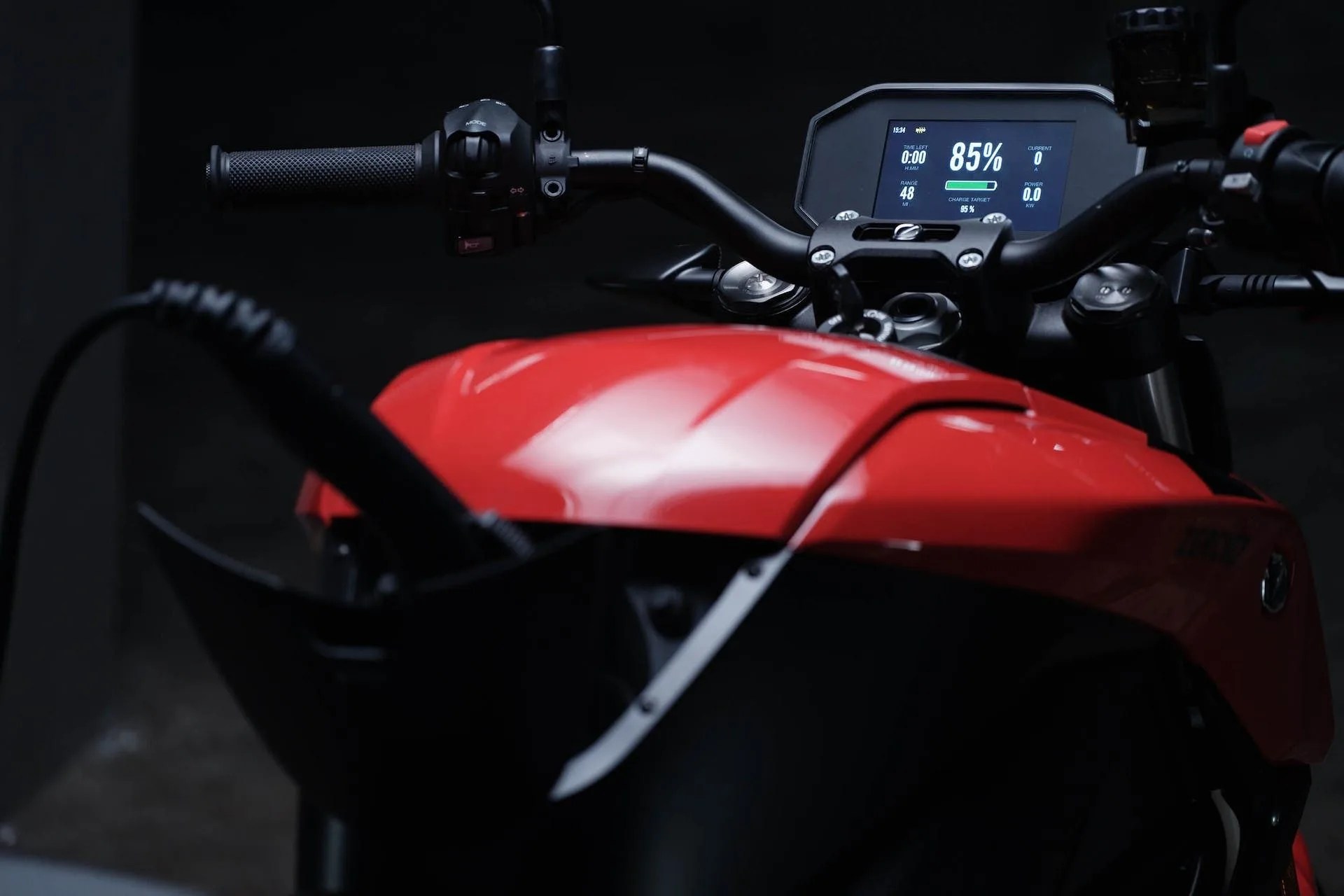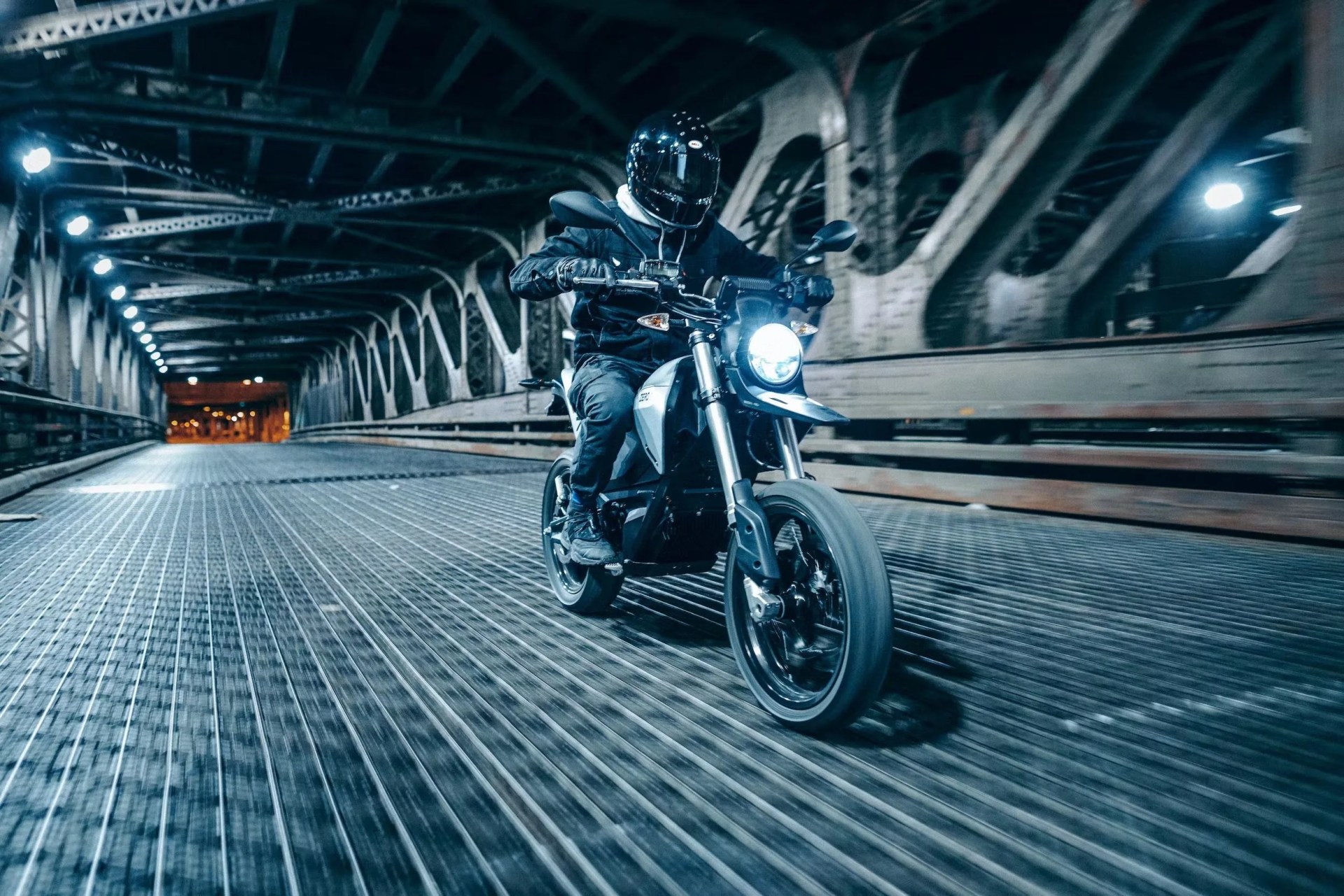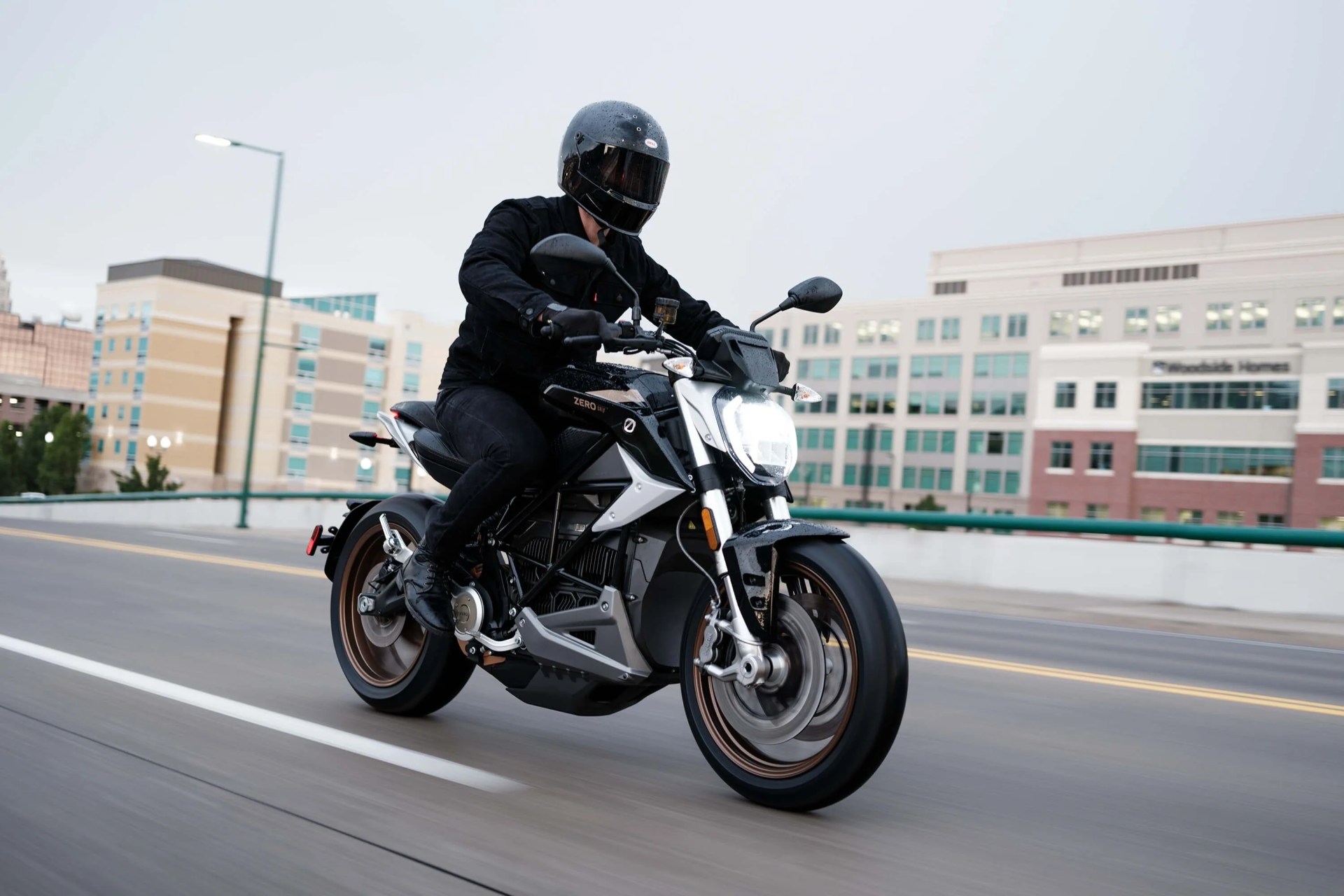It’s nearly 2023. You may already own an electric car or at least be thinking about one. But what about an electric motorcycle? Electric scooters in cities like NYC, Seattle, or LA, seem like excellent get-around-town tools. And with electric bicycles blitzing sales of the “acoustic” pedal variety, you’ve got to be thinking: “Wait! Why aren’t electric motorcycles from Honda and BMW and Kawasaki everywhere?”
It’s a very good question. And the answer — in the short term at least — is that combustion motorcycles remain a much better option.
Electric motorcycles remain dramatically more expensive… for now
E-motorcycles, just like electric cars, use far fewer parts than traditional combustion models. Yet, just like electric cars, the cost is steep. A Lightning LS-218 costs $39,000. You can grab a very excellent Honda CB500X for $7,500 that gets over 50 MPG — enough efficiency to largely factor out rising fuel prices — and can roll over 200 miles between fill-ups. How does the much more mechanically complex CB500X cost more than five times less?
Dan Quick, the communications head for Zero Motorcycles, says you have to look at what’s happening now with lithium-ion batteries as strictly “gen-one” technology. He argues that just as the cost of electricity is rapidly falling thanks to renewables, battery tech prices have also been falling precipitously.
“It’s not exactly at the same rate as Moore’s law [for computer processing], but it’s very similar in its trajectory, and you’re talking about like the doubling of capacity and the halving of size and so on and so forth.”
 Zero Motorcycles
Zero MotorcyclesBut there’s a difference between theoretical and actual costs, as we’ve seen with the recent manufacturing crunch. Only a major player like Kawasaki or a Honda can introduce electric bikes at a volume that would drive down the cost of parts to a point where electric bikes are at complete parity with gas ones. And while it’s one thing to say they’re less complex—for instance, like electric cars, they don’t need multiple gears because they already deliver so much torque, let alone exhaust, etc.—they do use a unique drivetrain, and that has to get manufactured.
Still, Quick says the fact that “virtually every single gas incumbent in this space have products announced or they have plans announced and they’re putting their billions and billions of R&D apparatus,” means that prices will come down without question.
And while he refused to get specific about how a Zero would play against such rivals making e-motos at sub-$10k stickers, he did point out that it’s easier for a luxury brand that’s established its cred to sell something more affordable than it is for a brand only known for hitting a cost target to sell a newfangled bike for a cost premium when they have no track record in electrics.






